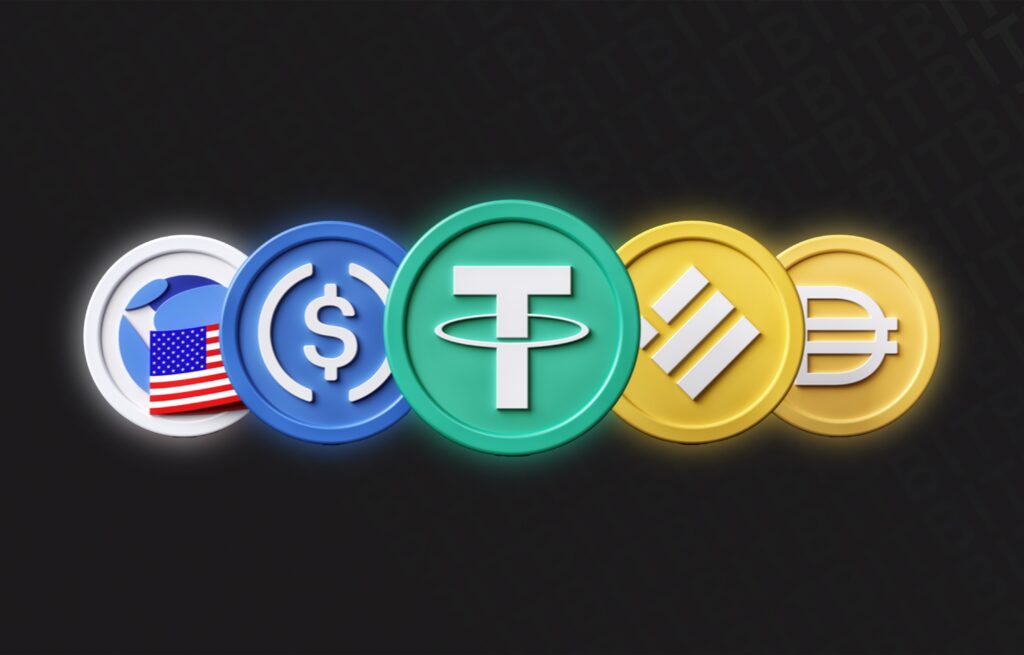Global payments giant Stripe has unveiled a new product allowing users across more than 100 countries to open and manage stablecoin-based accounts—potentially reshaping how value is stored and transferred, especially in inflation-stricken economies.
🔹 New Tool for a New Era
Stripe’s newly launched accounts let users send, receive, and hold balances in U.S. dollar-pegged stablecoins, including USDC and USDB. Functionally, they mimic traditional fiat bank accounts but operate entirely on blockchain rails.
This rollout arrives as stablecoins cross a $231 billion market cap milestone in May 2025. More than just another fintech feature, this move signals a deeper shift in how money is stored, moved, and trusted—especially in regions grappling with capital flight, financial instability, or limited access to banks.
🔹 Why This Matters
In nations like Argentina, Turkey, and Colombia, where inflation weakens purchasing power by the month, stablecoins are emerging as a digital safe haven. Combined with Stripe’s infrastructure, users in these countries can now gain stable financial footing with just a smartphone and an internet connection.
Stripe’s October 2024 acquisition of Bridge (developer of the USDB stablecoin) and its earlier support for USDC payments show the company’s long-term commitment to blockchain-enabled finance. Demand for fiat-token payments has already surged in over 70 countries, the company noted.
🔹 Is This the Beginning of a Stablecoin Supercycle?
As Stripe bridges traditional payments with blockchain-native assets, this could spark greater adoption of stablecoins globally—not just as payment tools, but as store-of-value assets in emerging markets.
Investors may view this trend as a potential tailwind for stablecoin issuers, payment platforms, and blockchain infrastructure projects. However, risks tied to regulation, adoption speed, and market volatility remain.
Note: This article is for informational purposes only and does not constitute investment advice. Always do your own research before making financial decisions.







